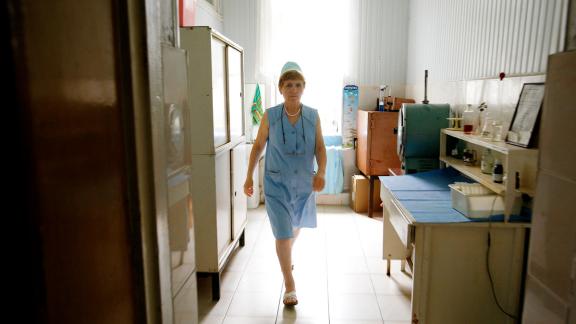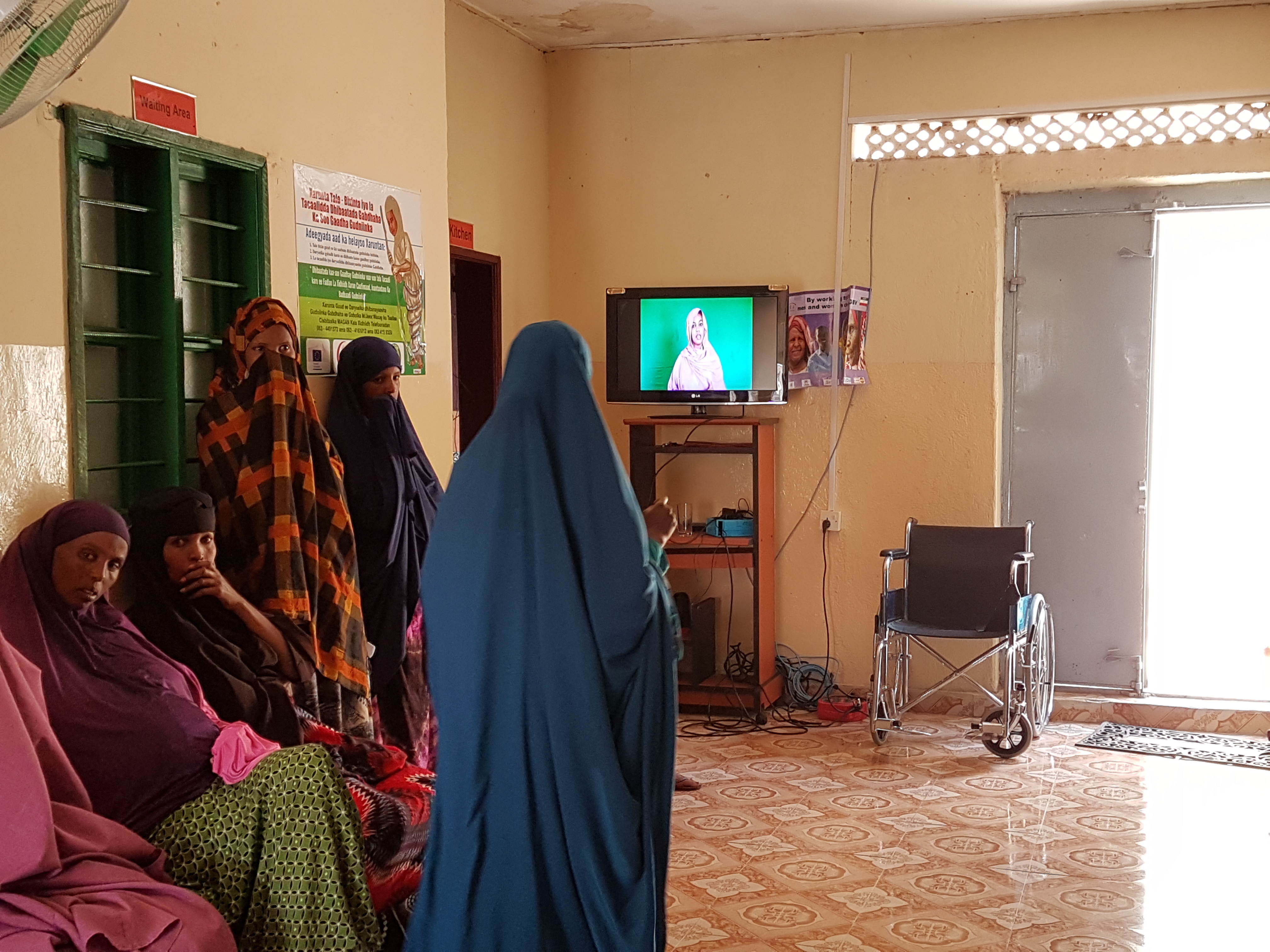Ireland has taken important steps in recent years in the fight to end female genital mutilation (FGM). At the domestic level, the Criminal Justice (Female Genital Mutilation) Act was introduced in 2012 to prohibit FGM and, as part of its Overseas Development Assistance, Ireland has contributed towards the UNFPA-UNICEF Joint Programme on FGM, which is the largest global initiative to accelerate the elimination of FGM.
Since 2014, the Irish Family Planning Association (IFPA) has provided comprehensive medical and psychological care to women and girls in Ireland who have experienced FGM. The FGM Treatment Service is publicly funded which enables the IFPA to provide care to affected women and girls free of charge.
Although the practice is mostly concentrated in Africa and the Middle East, the phenomenon of global migration means women and girls affected by FGM live across the globe, including in Western Europe. It is estimated that more than 5,000 women and girls living in Ireland have experienced FGM.
IFPA Medical Director Caitriona Henchion says, “FGM is recognised internationally as a violation of the human rights of women and girls. It causes harm and has no health benefits. In fact, it can result in short- and long-term health complications, such as pain, infection, menstrual problems, urinary tract problems and sexual difficulties.”
The IFPA engages in outreach activities to promote awareness of the FGM Treatment Service amongst those who have experienced FGM. Dr Henchion explains, “A key challenge for us as a healthcare provider is raising awareness about this free service amongst affected communities. FGM can be difficult for women to talk about – it’s a very stigmatised topic. We want women to know our staff provide completely confidential, non-judgmental care. Our doors are open.”
In our outreach work, the IFPA frames FGM as one of a range of sexual and reproductive healthcare issues impacting ethnic minority women and we provide information about cervical and breast screening, contraception, menopause and screening for sexually transmitted infections (STIs) alongside information about the FGM Treatment Service.
This is in recognition of the fact that the issue of FGM is part of a wider set of issues in healthcare provision for women from minority ethnic backgrounds, particularly asylum seekers and refugees.
The IFPA also educates frontline service providers, such as healthcare professionals, about FGM and its harms. Dr Henchion says, “FGM is not yet fully integrated into medical education in Ireland. As a result, healthcare providers may not understand what FGM is or how many women and girls are affected globally. We want to equip them with the knowledge to recognise FGM and refer women to existing services if needed.”
While the provision of financial support for the FGM Treatment Service is an important aspect of efforts to address FGM, the State must take more ownership over the issue in order to effectively combat FGM. Legislation alone is insufficient to ensure the abandonment of the practice.
The IFPA believes a government-led interagency committee, with representation from key government departments and other state and non-governmental bodies, is required to comprehensively tackle FGM. Such a committee could take responsibility for the development of a national action plan across the key areas of prevention, protection, provision (for women and girls who have experienced FGM) prosecution and promotion (of efforts to eradicate FGM).
when
country
Ireland
Blog Series
Ending Sexual and Gender Based Violence
Subject
Gender equality, Gynaecological
Related Member Association
Irish Family Planning Association










